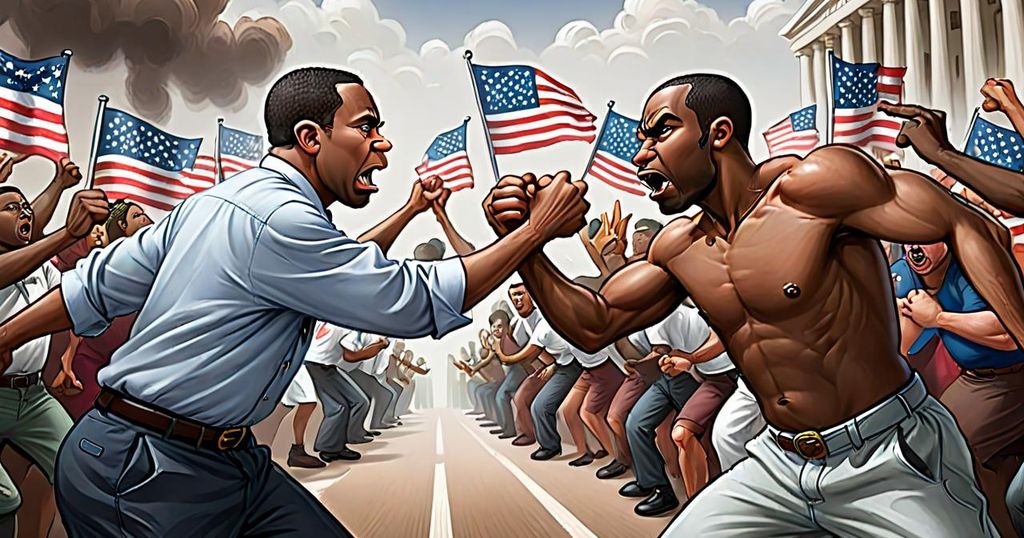The peril of ethnic conflict is a profoundly damaging outcome of our divisive mindset. This mindset fosters a mentality of “I versus you” and “us versus them,” leading to conflict over ethnicity, religion, politics, the economy, and nature.
The origins of ethnic conflict can be traced back to the establishment of the first civilizations in West Asia, where clashes between different ethnic groups arose. Regrettably, this pattern of warfare has recurred in various regions around the globe.
In Malaysia, the categorization of Malays, Chinese, and Indians into distinct races has fueled racial consciousness, resulting in conflicts and tensions. Even in politics, this divide is exploited, with politicians leveraging the race card to secure votes. Consequently, racial classifications have solidified ethnic boundaries, exacerbating conflict.
Despite scientific evidence disproving the biological basis of race, racial identity remains a pervasive issue. Genetic research has revealed that the genetic variation between human populations is minimal, affirming that there is only one human race.
The term “race” should be substituted with “ethnic group” to accurately depict human diversity. However, genetic differences do influence medicine, impacting how individuals metabolize certain drugs and their susceptibility to specific health conditions.
Moreover, ethnic disparities are primarily sociocultural and can be reconciled. Socioeconomic status, lifestyle, and environmental factors greatly influence an individual’s health outcomes.
It is imperative for Malaysian citizens to demand the elimination of the term “race” in politics, as it is used to incite conflict between communities. Only then can we transcend the racial divide and foster unity among diverse ethnic groups, recognizing that everyone shares common needs and aspirations.
By embracing diversity and inter-ethnic collaboration, we can mitigate conflicts and strive towards a more cohesive society. Research indicates that cooperation is often advantageous for all parties involved, and investing in positive relationships across ethnic lines can yield mutual benefits.
Educational institutions must prioritize the promotion of diversity, as exposure to differing perspectives enhances critical thinking and problem-solving skills. Graduates from private universities, who benefit from ethnic diversity, have demonstrated superior performance in the job market.
Lastly, it is crucial for all religious groups to unite in addressing the escalating ecological crisis. Through cooperation, Malaysians can transcend their parochialism and unite as a global family.
In conclusion, dismantling the barriers of ethnic conflict is vital for the advancement and unity of our society. We must eschew divisive thinking and embrace diversity to foster a harmonious and inclusive future for all.

Leave a Reply